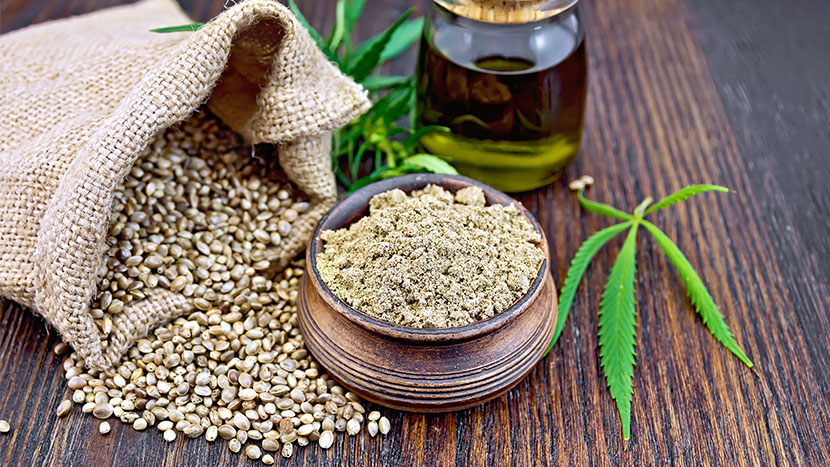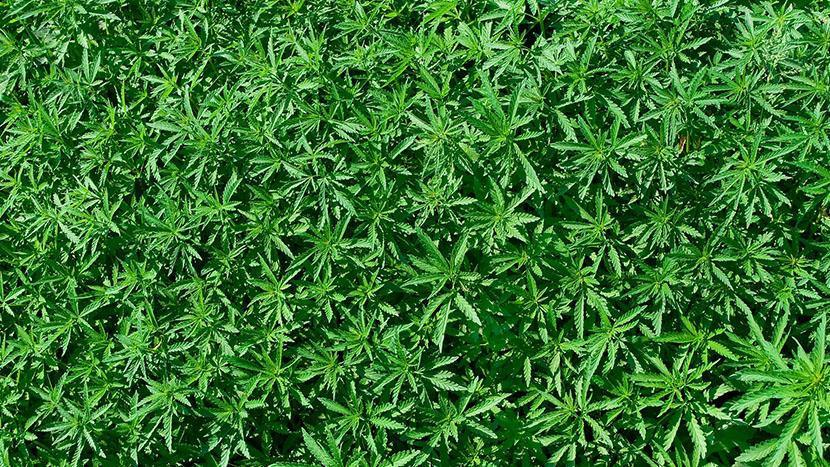Hemp Plant: Revisiting One of the Oldest and the Most Stunning Crops On Earth
The humble hemp plant has been a part of human history for thousands of years and is growing in popularity due to its versatile uses. But did you know that there were many fascinating facts about the evolution and biology of this mighty species? Dive into the depths of scientific exploration with us as we uncover the mysteries behind this incredible plant — its evolution, potential medical benefits, environmental influence, industrial applications, and much more!
What Is Hemp And Where Does It Grow?
Hemp is one of the oldest domesticated crops, with records of its use as a medicinal and industrial crop dating back thousands of years. It is a fast-growing annual plant that is classified as a member of the Cannabaceae family, which includes both hemp and marijuana species. The former grows best in climates with warm days and cool nights, typically found in Asia, Europe, and parts of North America.
The plant requires minimal tending but does need deep, fertile soil for good yields. It is commonly grown for the fibers harvested from the stems which are then used to produce papers, fabrics, and bioplastics. Its chemical compound known as cannabidiol (CBD) is extracted from its flowers and leaves, which has become hugely popular among health-conscious people as it can help reduce anxiety and pain.
6 Curious Facts About the Hemp Plant
It is incredibly rich in oil
The hemp plant has been used for centuries in many different ways, but one of its most impressive characteristics is its inherent oil content. This cannabis species is so rich in oil that it yields more oil per acre than any other individual crop, making it a remarkably efficient choice for producing large amounts of oil with minimal environmental impact.
The fact that hemp can provide a sustainable and plentiful source of oil makes it the perfect choice for countless products, from food ingredients to natural supplements found at https://hometownherocbd.com/ and other online stores. Plus, much of this extracted oil is incredibly versatile and provides numerous health benefits due to its high levels of essential fatty acids. Research into the potential health benefits of this oil continues to grow, further cementing its invaluable place among modern-day crops.
It is super strong
Hemp is, among all else, known for its toughness and durability, but few people realize just how strong it is. It turns out that the plant is even stronger than steel! This quality makes it ideal for a large variety of purposes, from clothing and paper to construction materials and industrial fibers. Its incredible strength means it can replace traditional materials without sacrificing durability or sturdiness. It also has the bonus of being eco-friendly, since it grows quickly with minimal water or pesticide use.
Its seeds have high omega-3 and omega-6 fatty acids
Hemp seeds, one of nature’s superfoods, are very nutritious. Their unique composition makes them especially beneficial to our health. One curious fact about them is the high amount of essential fatty acids they contain — Omega-3 and Omega-6. These polyunsaturated fats don’t only boost brain functioning in humans, but their anti-inflammatory properties may also help protect us from various diseases such as heart disease or cancer. As far as taste goes, hemp seeds have a mild nutty flavor making them quite versatile in the kitchen. You can add them into breakfast smoothies, salads or even desserts!
Its properties allow it to replace plastic
Another noteworthy property of this cannabis species is its potential to replace plastic. In fact, hemp fibers have been used for years as an eco-friendly plastic alternative. Thus, the plant can be used for containers, figures, decorative pieces, and various construction projects. In addition to being an environmentally friendly product, it has several advantages when compared to plastic:
- it’s much more durable;
- faster to break down if left outdoors;
- easy to mold into various shapes and sizes.
It is likewise a greener option compared to traditional plastics as it does not need to be produced in a particularly energy-intensive way. The fact that hemp can replace plastic opens up a host of possibilities for reducing our collective environmental footprint by replacing petroleum-based plastics with industrial hemp whenever possible.
It contains cannabinoids that might have positive health effects
The hemp plant has, among all else, surprised scientists with its healing properties. It contains dozens of compounds, including cannabinoids that have been found to have positive impacts on health and wellness. These are compounds such as CBD and THC that, when studied, have been showing promising results for conditions such as anxiety, depression, pain relief, and even cancer prevention. Such discoveries provide hope that the future of medicine may include treatments derived from hemp’s natural healing properties.
It consumes more CO2 than is required for its harvesting
Last but not least, one surprising fact about hemp is that it consumes more CO2 than it takes to grow and harvest it. Studies show that it can absorb anywhere from 2.6-4 tons of CO2 per acre annually, making it a powerful tool for combating climate change. Consequently, its cultivation can not only help the environment but also pave the way for more sustainable practices in farming. The higher CO2 absorption capacity of the plant makes it an especially attractive green product, not just from a practical standpoint but from an environmental perspective as well.
Wrapping Up
Hemp can be viewed as a miracle plant with a multitude of uses for many different industries. It produces biofuel, food, and building materials, as well as provides tremendous pharmaceutical benefits. This plant captures and stores nutrients, grows rapidly, and sprouts from virtually any environment on earth. It can deliver more sustainable solutions than many other crops while being gentler on the environment and contributing to biodiversification. The key is to harness the properties of this amazing plant and put it to good use with careful planning. There’s no doubt that hemp is an all-natural engine of innovation that could take us into a greener, more resilient future — provided we approach it thoughtfully and with respect.


































































































